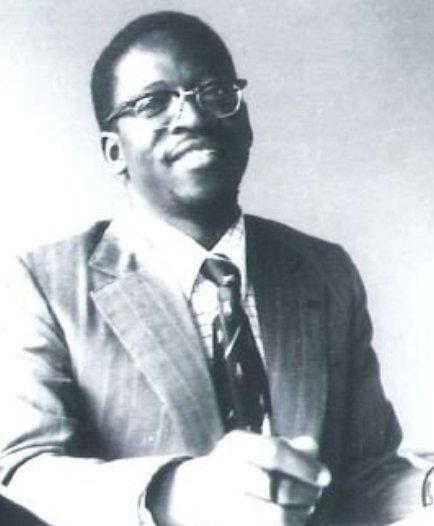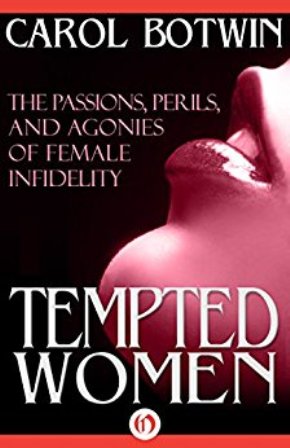By Ogova Ondego
Published September 10, 2013
 Elizabeth Tshele, a Zimbabwe-born USA-based writer whose pen name is NoViolet Bulawayo, is among the final six writers short-listed for the £75,000 Man Booker Prize for Fiction 2013 with her book, We Need New Names.
Elizabeth Tshele, a Zimbabwe-born USA-based writer whose pen name is NoViolet Bulawayo, is among the final six writers short-listed for the £75,000 Man Booker Prize for Fiction 2013 with her book, We Need New Names.
We Need New Names, published by Chatto & Windus, is about a Zimbabwean girl coming of age in the USA. If she wins the Man Booker on October 15, 2013 at the awards ceremony at London’s Guildhall, Tshele could be seven times richer than her 2011 Caine Prize for African Writing that earned her £10,000 and a month’s residence at Georgetown University, Washington, DC, USA, as a Caine Prize/Georgetown University writer-in-residence in 2011.
Even if she does not emerge the overall winner, Tshele, like the other five on the short-list, will walk away with £2,500 and a hand-bound edition of her book.The winner of the prize is expected to receive a further £50,000, according to a BBC radio broadcast by Razia Iqbal on September 10, 2013.
 Speaking to Paul Bakibinga on BBC Focus on Africa programme on September 10, 2013, Tshele said she was excited about being shortlisted for the Man Booker Prize.
Speaking to Paul Bakibinga on BBC Focus on Africa programme on September 10, 2013, Tshele said she was excited about being shortlisted for the Man Booker Prize.
She said the story had been “inspired by what was happening in Zimbabwe in 2008′ when she started writing. Then, she said, Zimbabwe going through a tumultuous moment resulting from politics and economic sanctions imposed on the southern African country formerly known as Southern Rhodesia before independence in 1980.
NoViolet Bulawayo said it took her three years to complete the book that is likely to win her the prestigious Man Booker Prize in October.
“Zimbabwe was experiencing what was then the highest inflation rate in the world and people were migrating to what they believed to be greener pastures elsewhere” she told BBC Focus on Africa.
Saying her writing springs from African storytelling tradition, Tshele said We Need New Names revolves around a girl called Darling who is growing up in shanty town. After her home is razed by the government of President Robert Mugabe in his now infamous Operation Murambatsvina (Operation Restore Order or Operation Drive Out Rubbish) on the pretext of cleaning up Harare city, Darling moves to America but discovers that the so-called American Dream is overrated; it is not as romantic as it is romanticised. She returns to Zimbabwe but discovers she is now alienated from her people.
So, is it autobiographical?
“No,” Tshele says. “I am not Darling who grew up in the slum. I had an almost golden childhood having been born almost immediately after independence.”
 Will Tshele join Nigeria’s Ben Okri–the youngest winner of the Man Booker in 1991 at the age of 32–in the hall of fame as the Man Booker Prize for Fiction marks the 45th year in 2013?
Will Tshele join Nigeria’s Ben Okri–the youngest winner of the Man Booker in 1991 at the age of 32–in the hall of fame as the Man Booker Prize for Fiction marks the 45th year in 2013?
Tshele’s Caine Prize-winner two years ago was a short story titled Hitting Budapest.
Others shortlisted–four women and two men–alongside Tshele are: Eleanor Catton – The Luminaries (Granta); Jim Crace – Harvest (Picador); Jhumpa Lahiri – The Lowland (Bloomsbury); Ruth Ozeki – A Tale for the Time Being (Canongate); and Colm Toibin – The Testament of Mary (Viking).




